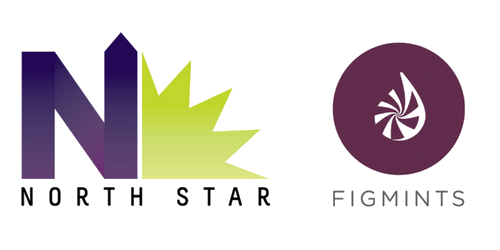
With 91% of B2B marketers using content marketing, it’s pretty clear that it’s more than just a fad. From blogs, white papers, videos, webinars, case studies, events and a whole lot more, B2B companies are generating staggering amounts of content. But how do you know that your content is reaching the right audience at the right time? Enter content strategy. Content strategy is the glue behind content marketing. While content marketing focuses on generating content that engages prospects, content strategy focuses on the process that includes the planning and delivery of content. It considers the goals of the business and the needs of the customer to develop strategic direction on how to deliver content that doesn’t sound like a sales pitch and will help you achieve your business goals.
Here are six things to consider when developing a content strategy:
- Determine if you have the ability to generate content to support content marketing. Whether outsourced, in-house or a combination of the two, your strategic plan hinges on the ability to consistently develop quality content.
- Don’t forget your customers. Identify key pain points your customers are facing. Find out what’s keeping your customers up at night and focus on developing content that addresses these issues while positioning yourself as an authority in your industry.
- To maximize reach, make sure your content strategy covers different types of content (blogs, videos, images, infographics, white papers, etc.).
- Consider how your audience consumes content. According to Nielsen’s US 2014 Digital Consumer Report, Americans now own four digital devices on average and spend 60 hours a week consuming content across multiple screens.
- Fine tune what your offering is and commit to speaking benefit language of your offering to your target audience – it’s about them, not you.
- Location, location, location. Without distribution, your content won’t be read. Develop a distribution plan that includes multiple channels to ensure that your content is read by your target audience.
Developing and implementing a content strategy isn’t easy, but done right, is well worth the effort. The right strategy will allow you to develop informative content to engage the right audience, at the right time, at the right place and in the right cadence. It will help you build trust, align marketing and sales and close more deals. With recent research showing that 41% of marketers confirm content marketing’s positive ROI, it’s no wonder why so many companies are including content as part of their overall marketing strategy.






